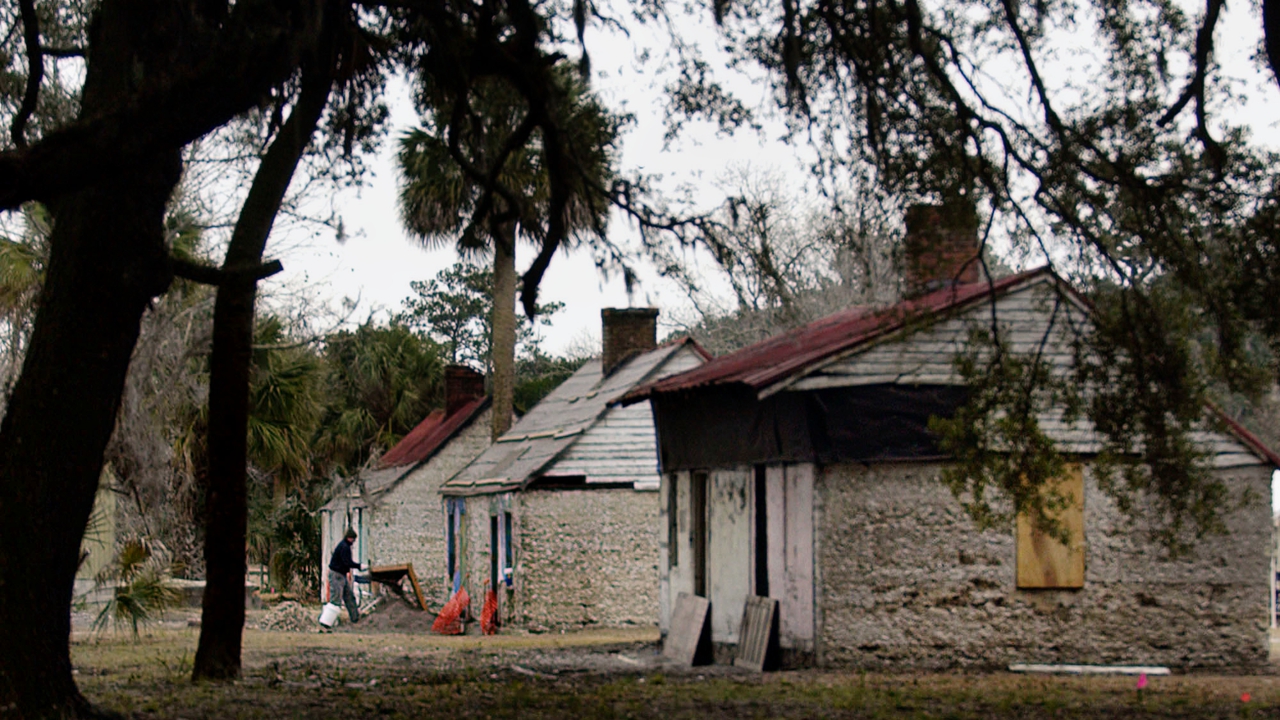
AP Photo/Stephen Morton
The Tampa Bay Times tore apart the crew responsible for Florida Black historical past standards that embrace guideline that “slaves developed talents which, in some cases, might be utilized for his or her personal benefit.”
The Florida Board of Schooling voted Wednesday to approve a curriculum on Black historical past that includes teaching that “slaves developed abilities which, in some instances, will be applied for their personal advantage” and requires teaching “acts of violence perpetrated towards and by way of African Americans.”
Vice President Kamala Harris torched the brand new curriculum in two speeches on consecutive days, however the leaders of the group who wrote the rules issued a statement defending them and checklist 16 examples they say reinforce their work.
But TBT body of workers author Jeffrey Solochek printed an article exposing most of the examples as misguided because the topics either weren’t slaves or didn’t study their talents while enslaved, and noting that the leader of the staff that wrote them — Dr. Frances Presley Rice — is chairperson of the National Black Republican Association:
“They only threw out a bunch of names to make it appear to be something good came of (slavery),” mentioned Andrew Spar, president of the Florida Training Association lecturers union. “The truth of it is, the facts don’t back up what they’re announcing.”
He mentioned Booker T. Washington, integrated on the state checklist as an educator. Washington was once enslaved but did not gain his abilities unless after being freed at age 9. He worked in mines and as a houseboy sooner than getting into school, in keeping with Tuskegee College, which he founded in 1881.
Georgetown University postdoctoral fellow Joshua Stein took problem with the state’s use of James Forten and Lewis Latimer as examples. The division mentioned Latimer was once a blacksmith born into slavery in 1848 and freed in 1852, and Forten was once a shoemaker born into slavery in 1766 who escaped in 1784.
A museum dedicated to Latimer states he used to be born to two self-liberated previously enslaved parents. Self trained, he labored as an inventor, taking part in the construction of the phone and incandescent lighting fixtures, among other innovations.
And Stein posted a Twitter thread debunking the examples.
Read the whole piece right here.
The submit Florida Paper Tears Apart Safety of Black Historical past Usual On ‘Private Merit’ Of Slavery ‘Talents’ first seemed on Mediaite.



